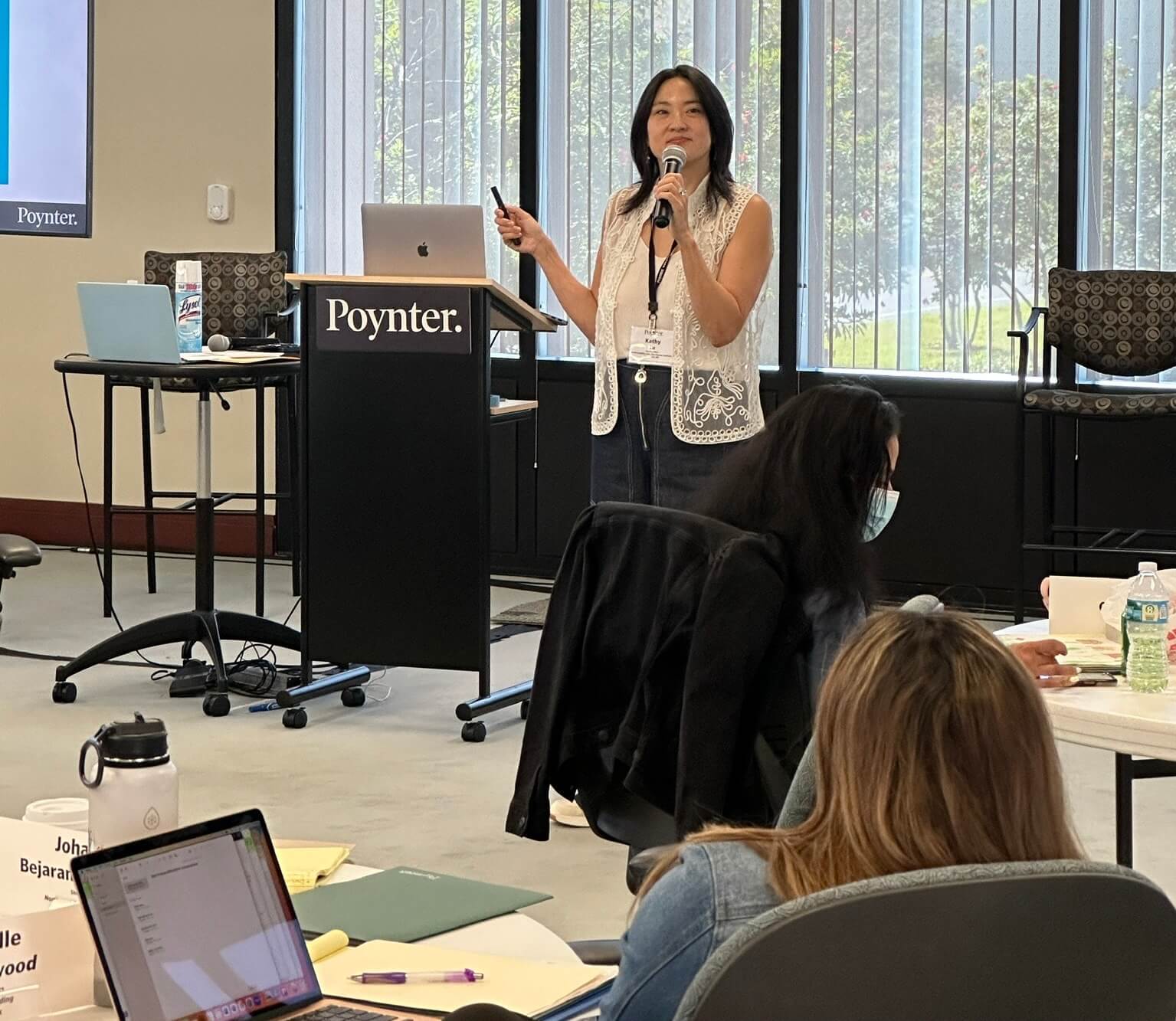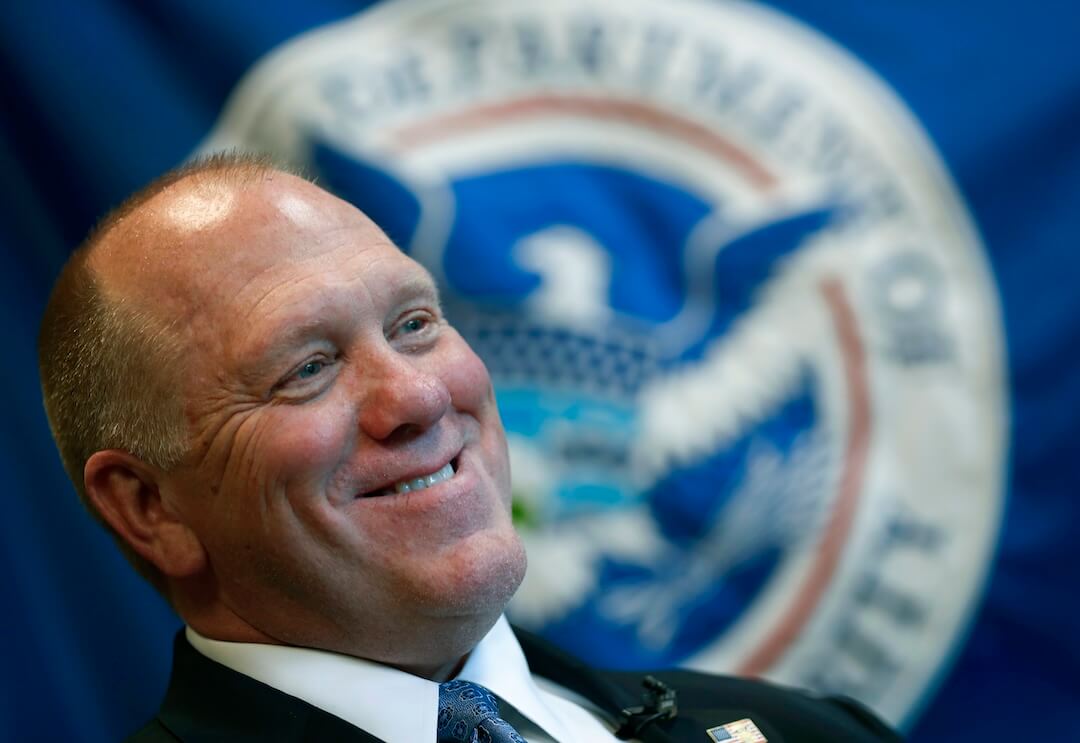Olympic skier Bode Miller told his Twitter followers that NBC’s Christin Cooper was doing her job when she asked him questions about his brother who died last year. Miller cried and viewers jumped online to complain. (Watch the interview here.) I appreciate everyone sticking up for me. Please be gentle w christin cooper, it was crazy emotional and not all her fault. #heatofthemoment — Bode Miller (@MillerBode) February 17, 2014 My emotions were very raw, she asked the questions that every interviewer would have, pushing is part of it, she wasnt trying to cause pain. — Bode Miller (@MillerBode) February 17, 2014 Now, keep in mind, this was not a live interview. It was right after Bode’s event and NBC was delaying it, so if the network had any questions about whether the questions were over the top, it could have cut them. After the backlash, NBC issued a statement: “Our intent was to convey the emotion that Bode Miller was feeling after winning his bronze medal. We understand how some viewers thought the line of questioning went too far, but it was our judgment that his answers were a necessary part of the story. We’re gratified that Bode has been publicly supportive of Christin Cooper and the overall interview.” But viewers and listeners spewed. @nprmonkeysee I don't even really LIKE Bode Miller, and I'm still pissed on his behalf. — LaSalleUGirl (@LaSalleUGirl) February 17, 2014 Wow, the thing that interviewer just did to Bode Miller was SUPER disgusting. #Olympics2014 — Linda Holmes (@nprmonkeysee) February 17, 2014 I think Cooper’s questions were legitimate and she asked them in an appropriate tone. Here is the exchange: Christin Cooper: For a guy who says that medals don’t really matter, that they aren’t the thing, you’ve amassed quite a collection. What does this one mean to you in terms of all the others. Bode Miller: This was a little different. You know with my brother passing away, I really wanted to come back here and race the way he sensed it, uh, this one is different. Cooper: Bode, you’re showing so much emotion down here. What’s going through your mind? Miller: Um, I mean, a lot. Obviously just a long struggle coming in here. And, uh, it’s just a tough year and, uh… Cooper: I know you wanted to be here with Chilly, really experiencing these games. And how much does this mean to you to come up with this great performance for him? And was it for him? Miller: Um, I mean, I don’t know if it’s really for him but I wanted to come here and, uh, I don’t know, I guess make myself proud, but… Cooper: When you’re looking up in the sky at the start, we see you there and it just looks like you’re talking to somebody. What’s going on there? Miller: [Silence, then bows his head crying, wiping away tears, Cooper touches Miller on the arm and whispers, “I’m sorry.” Miller then walks away, kneels down and is comforted by his wife as Dank Hicks, who had been the race analyst, reminds viewers Miller is the oldest Alpine skier to win an Olympic medal. Miller is comforted by his wife. The scene takes 70 seconds to unfold.] So what was so wrong here? For starters, the interview was captured on a super-tight shot. That is a visual cue that the journalist is going for the emotion; it is a visual cliche to “go for the tight shot, they are going to cry — get the tears.” There are lots of reasons that a photojournalist might use a tight shot including a need to crop out a busy background, but this one was purely an emotional play. With different questions, the interview could have produced real insight, not just raw emotion. The narrative of sports stories is often wrapped in emotion, in overcoming adversity and as ABC Sports used to say “The thrill of victory and the agony of defeat.” Miller himself has fed the narrative of his brother’s inspiration, tweeting: Thanks for all the support, today was one of the most emotional days of my life. I miss my brother. — Bode Miller (@MillerBode) February 16, 2014 Poynter Senior Scholar Roy Peter Clark told me journalists can learn a lot from this interview. “There is a big difference between true emotion and contrived emotion,” Clark said. “True emotion makes us cry at surprising moments. Contrived emotion makes us cry at expected moments. The narrative around Bode Miller was becoming an emotional cliche and the interviewer should have been cautious about not stepping over the line to play into that cliche.'” Cooper could have refined her questions to allow Miller to go as far down the emotional path as he wanted to. Miller said: “This was a little different. You know with my brother passing away, I really wanted to come back here and race the way he sensed it, uh. this one is different.” He used that phrase, “this one is different” twice in that answer. She could have used his words in a question, “How is it different?” She had permission to use that phrase since he used it twice. Repeating key phrases that your interview subject uses can be a powerful tool because it shows you are listening, not just laying out your own agenda of questions. Miller offered another opening for real insight when he said, “Um, I mean, I don’t know if it’s really for him but I wanted to come here and, uh, I don’t know, I guess make myself proud, but…” Wait a minute. Bode Miller has a need to make himself proud? He is a world champion two-time gold medalist and may be the most successful alpine champion of all time. What is he saying here? Why does this world-class athlete have a need at age 36 to “make himself proud?” Cooper could have taken that cue, jumped off the emotional line of questioning and gain some insight into the mind of these athletes who put themselves on the global stage to prove themselves time and again. So the lesson here is not whether it is ethical or unethical to use video of an athlete crying. The question is whether you really listened to what the subject was saying. Ask questions that help the viewer / reader / listener go beyond the raw emotions of the moment to a deeper understanding of what is behind those emotions. Roy Peter Clark puts it this way, “You know you are stepping over the line when the public’s attention turns away from what the subject is saying and turns toward what the interviewer is saying.”
Uncategorized
Olympian Bode Miller: ‘Be Gentle With Christin Cooper’ for NBC interview

More News
Invest in your growth in 2025 by learning to lead with influence
This hallmark Poynter program teaches leaders without direct reports to harness their strengths.
November 14, 2024
Meet the 38 journalists chosen for Poynter’s 2024 Essential Skills for Rising Newsroom leaders
The participants will gain critical skills that new managers need to help forge successful paths to leadership
November 14, 2024
Opinion | Is Elon Musk already wearing out his welcome with Donald Trump?
One ‘insider’ told Politico, ‘Elon is getting a little big for his britches.’
November 14, 2024
Opinion | X’s Community Notes had a marginal, if any, impact on the election
Our analysis of the 3,637 notes from Election Day shows that users found the platform’s lonely moderation instrument to be mostly unhelpful
November 14, 2024
Who is Tom Homan, Donald Trump’s ‘border czar’? And what has he said about mass deportations?
Homan spent more than 30 years working in immigration enforcement and recommended Trump’s contentious zero-tolerance policy
November 14, 2024
Comments are closed.







Comments